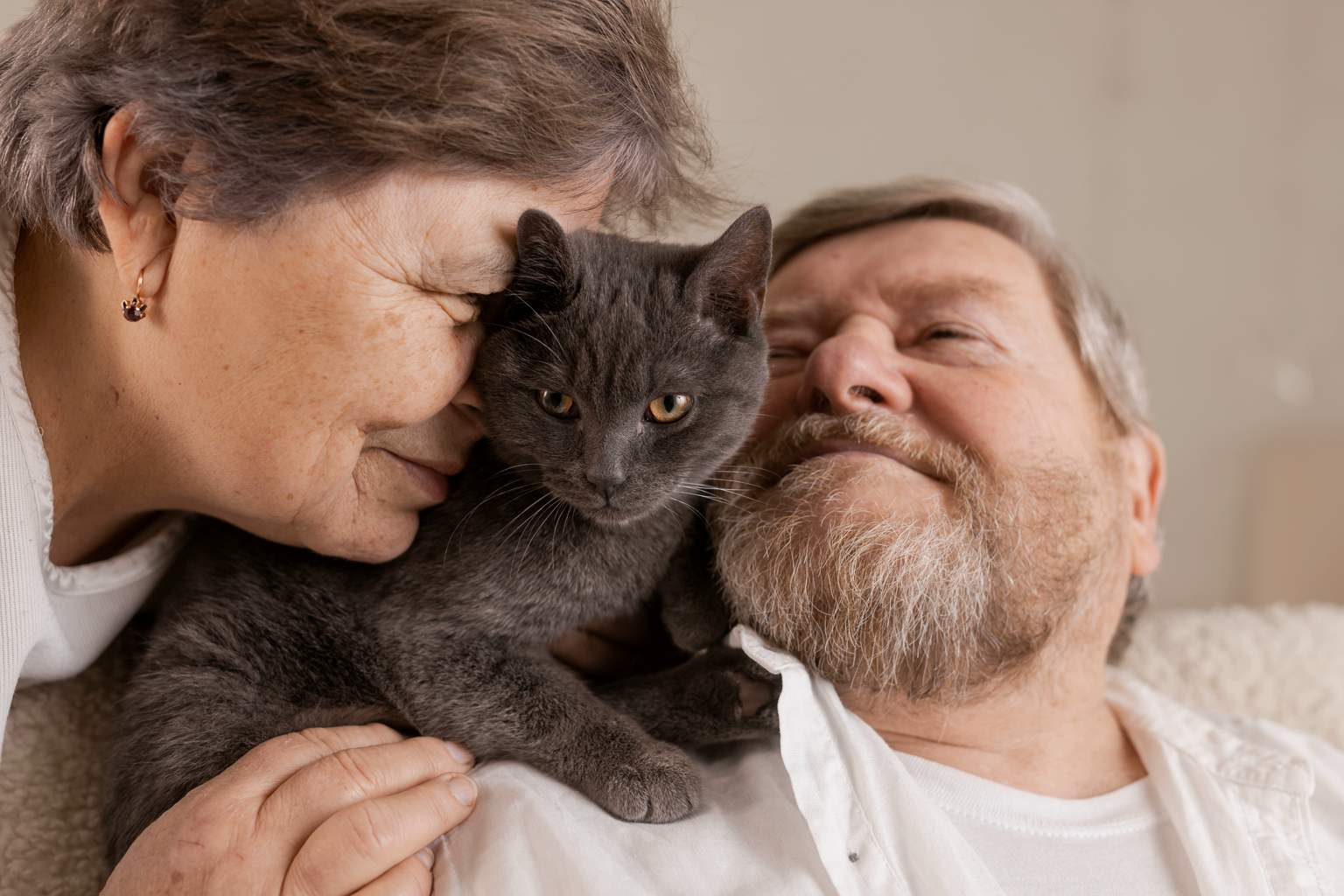Living with a dog or cat could slow brain aging by keeping your mind sharper as you grow older. Imagine a loyal friend right by your side, helping to protect your memory and thinking skills well into your 50s and beyond. A recent study spanning over 18 years reveals this surprising benefit — but only for certain pets.
How dogs and cats support brain health in older adults
This extensive research, led by Adriana Rostekova at the University of Geneva, analyzed data from more than 50,000 adults over the age of 50 across several countries in Europe. The findings clearly connect living with a dog or cat to a slower decline in cognitive abilities that often comes with aging.
For example, dog owners showed better maintenance of both immediate and delayed memory. Cat owners, on the other hand, experienced a slower loss of verbal fluency — the ability to quickly find the right words and express thoughts. Significantly, other pets such as fish and birds did not appear to provide these cognitive benefits.
What sets dogs and cats apart seems to be the nature of interaction they encourage. Playing or simply spending time with dogs stimulates the brain’s prefrontal cortex, which governs attention and emotional response. Meanwhile, cats’ unpredictable behaviors activate areas of the brain linked to higher-level thinking and problem solving.
I personally noticed these benefits first-hand after adopting a playful golden retriever a few years ago. Beyond the daily joy and affection, I found myself more engaged and alert throughout my day. Trips to the dog park created new social connections and unexpected mental stimulation, making it easier to keep my mind active without even trying.
The importance of social interaction for cognitive stimulation
One key reason dogs and cats help protect brain function may lie in the social opportunities they create. Dogs naturally encourage their owners to go outside, leading to more frequent and meaningful social interactions on walks or at community spots. For many cat owners, their feline friends provide emotional comfort and companionship that fills gaps in their social lives.
This combination of social connection plus attentive care and unpredictable interactions with these animals creates a unique mental workout. It keeps the brain busy tackling challenges and adapting to new stimuli, helping to slow down cognitive decline.
In contrast, fish tanks offer calming presence but very little engagement. Birds, while beautiful, can sometimes disrupt sleep with their noise patterns, and poor sleep quality is linked to a quicker loss of mental sharpness. These factors may explain why fish and birds don’t have the same positive impact on brain health.
Why your next pet could be a secret weapon against dementia
As the population ages, finding natural ways to maintain cognitive health becomes vital. Diet, exercise, and supplements often take center stage. But this research suggests an even simpler, warmer option could be among us already — the furry friend curled up on the couch or waiting eagerly at the door.
A dog’s wagging tail or a cat’s soothing purr might be more than just heartwarming; they could be a powerful shield against memory loss and mental decline. The science supports the idea that the love, play, and social ties pets bring could keep us sharper and feel younger in mind long after our golden years begin.
What has your experience been with pets and mental clarity? Do you think they have helped you stay more engaged or connected? Maybe you’re thinking about adopting a dog or cat and curious about the benefits. Share your thoughts and stories below — your story might inspire someone else to discover the brain-boosting magic of a pet.

Interesting